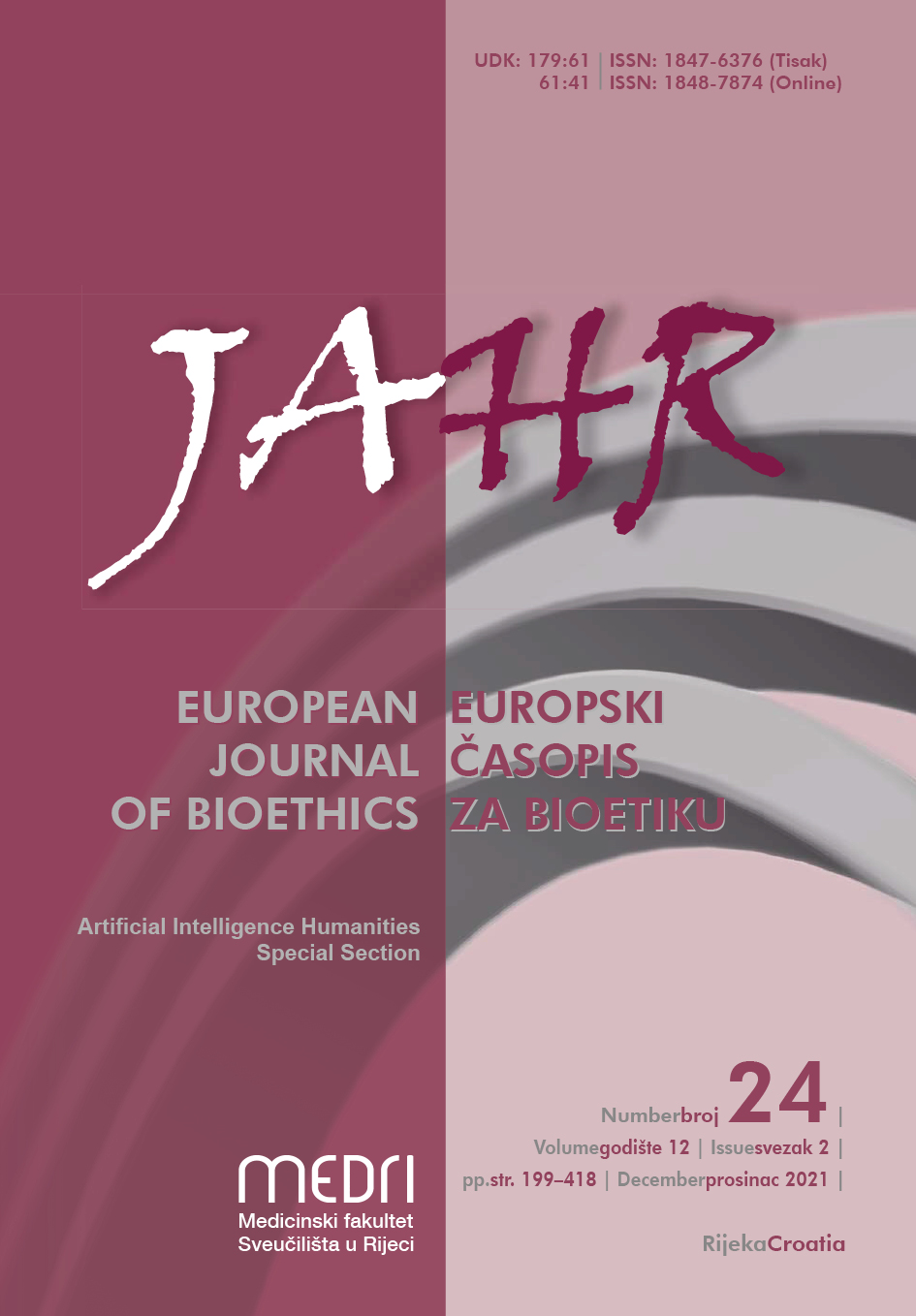On a Possibility of Artificial Reason
Keywords:
Artificial Intelligence, I. Kant, Transcendental Idealism, Behaviorism, Scientific Realism.Abstract
https://doi.org/10.21860/j.12.2.9
The purpose of this study is to explore the possibility of reconciliation between Kant’s transcendental idealism and McCarthy’s epistemological point of view on artificial intelligence, which are at first glance likely to be considered contradictory. For this, characterizing the standpoint of J. McCarthy, who coined the word ‘artificial intelligence’ as scientific realism and that of A. Turing, who provided a crucial thought experiment that shaped the contemporary conception of artificial intelligence as behaviorism, we shall compare these two standpoints with the transcendental idealism of I. Kant, who conferred on us a monumental indicator for understanding the human reason. Through this comparison, we shall argue that scientific realism, which is currently a prominent philosophical standpoint of artificial intelligence, is not compatible with Kant’s transcendental idealism but assumes a standpoint strikingly analogous to behaviorism. Nevertheless, we shall also argue that once transcendental idealism is looked at from the viewpoint of behaviorism, scientific realism can be seen as compatible with transcendental idealism. This compatibility we name the possibility of artificial reason in this paper.
Downloads
Published
Issue
Section
License
Authors who publish with this journal agree to the following terms:
- Authors retain copyright and grant the journal right of first publication with the work simultaneously licensed under a Creative Commons Attribution License that allows others to share the work with an acknowledgement of the work's authorship and initial publication in this journal.
- Authors are able to enter into separate, additional contractual arrangements for the non-exclusive distribution of the journal's published version of the work (e.g., post it to an institutional repository or publish it in a book), with an acknowledgement of its initial publication in this journal.
- Authors are permitted and encouraged to post their work online (e.g., in institutional repositories or on their website) prior to and during the submission process, as it can lead to productive exchanges, as well as earlier and greater citation of published work (See The Effect of Open Access).



